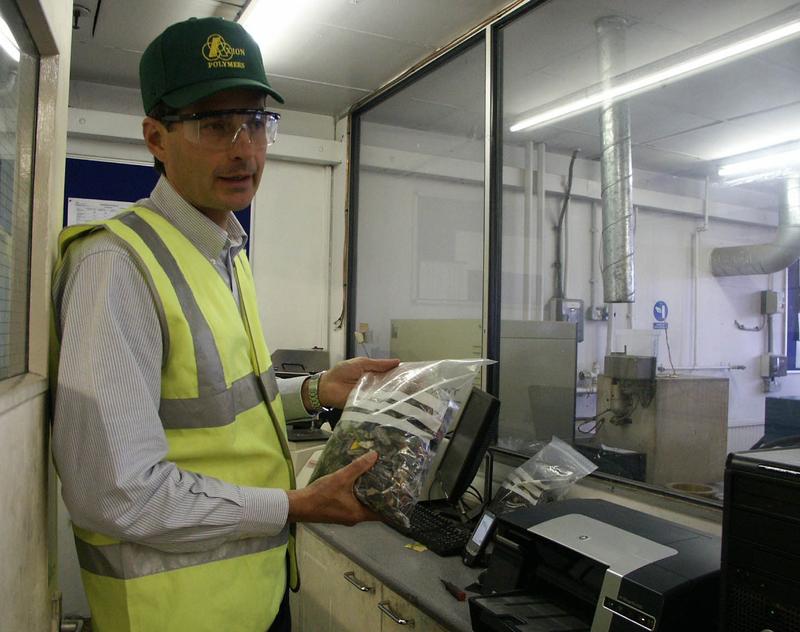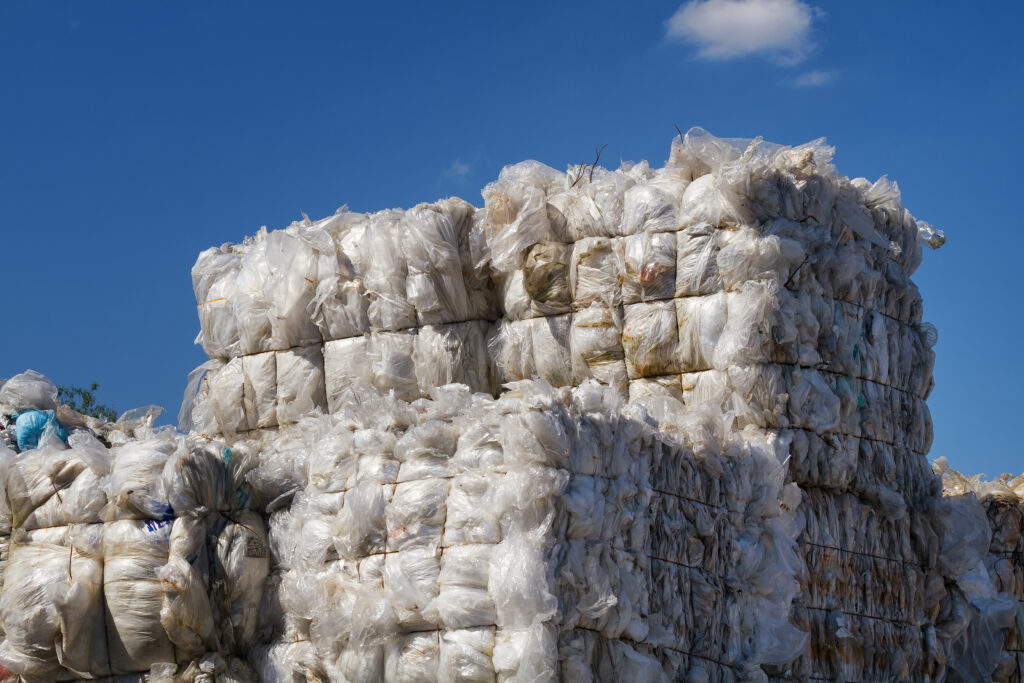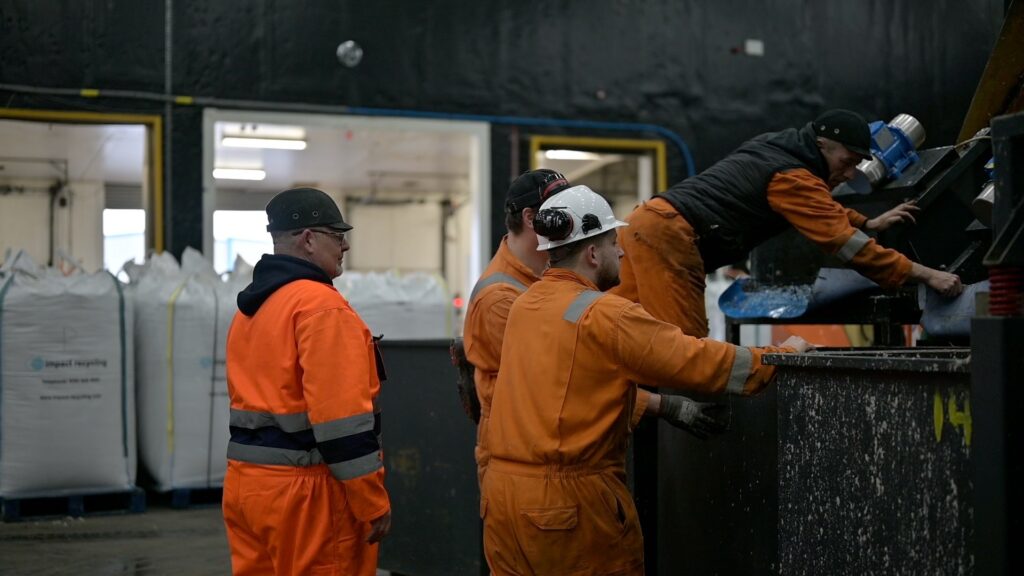But Axion Recycling commercial director Roger Morton said the company is now trialling technology to remove polymers from smaller WEEE items such as hairdryers and toasters. He said he knew of no other firms in the UK or Northern Europe which were making the same commitment to pilot separation technology when it came to smaller electrical items.
He said: “It is mixed small WEEE which is the biggest challenge at the moment and we need to recycle it to hit European targets. Our research takes forward the knowledge on how to process a complicated waste stream that is mostly being exported to China at present.”
“This creates further opportunities for design, planning and investment in new secondary material processing plants in the UK, such as our own at Salford,” he continued.
Under the European WEEE Directive, which came into effect in July 2007, the UK must recycle a set amount of waste electrical equipment each year. Local authorities are given recycling targets to help the UK meet its obligations under the Directive and by extracting plastics from WEEE, it helps boost these rates.
Technology
Axion is remaining tight-lipped about how exactly its technology will work because trials are still ongoing but Mr Morton said it is currently piloting 14 different mechanical separation techniques and wants to develop another three.
The complexities of the treatment process arise because of the different types material found in small WEEE – a range of different plastics make up around 30% of small electrical goods. Axion has pledged to separate the different components and offer high-grade polymers which can be used in injection mouldings as well as the manufacture of thin film sheets.
The technology is expected to be up-and-running within the next four months and will increase capacity at the Salford facility from 8,000 tonnes a year to 14,000 tonnes. The site's equipment also includes a plastics shredder and an extruder.









Subscribe for free